All Major Insurance Accepted
Mon – Thurs:
8:00am–7:00pm
Friday:
8:00am–6:00pm
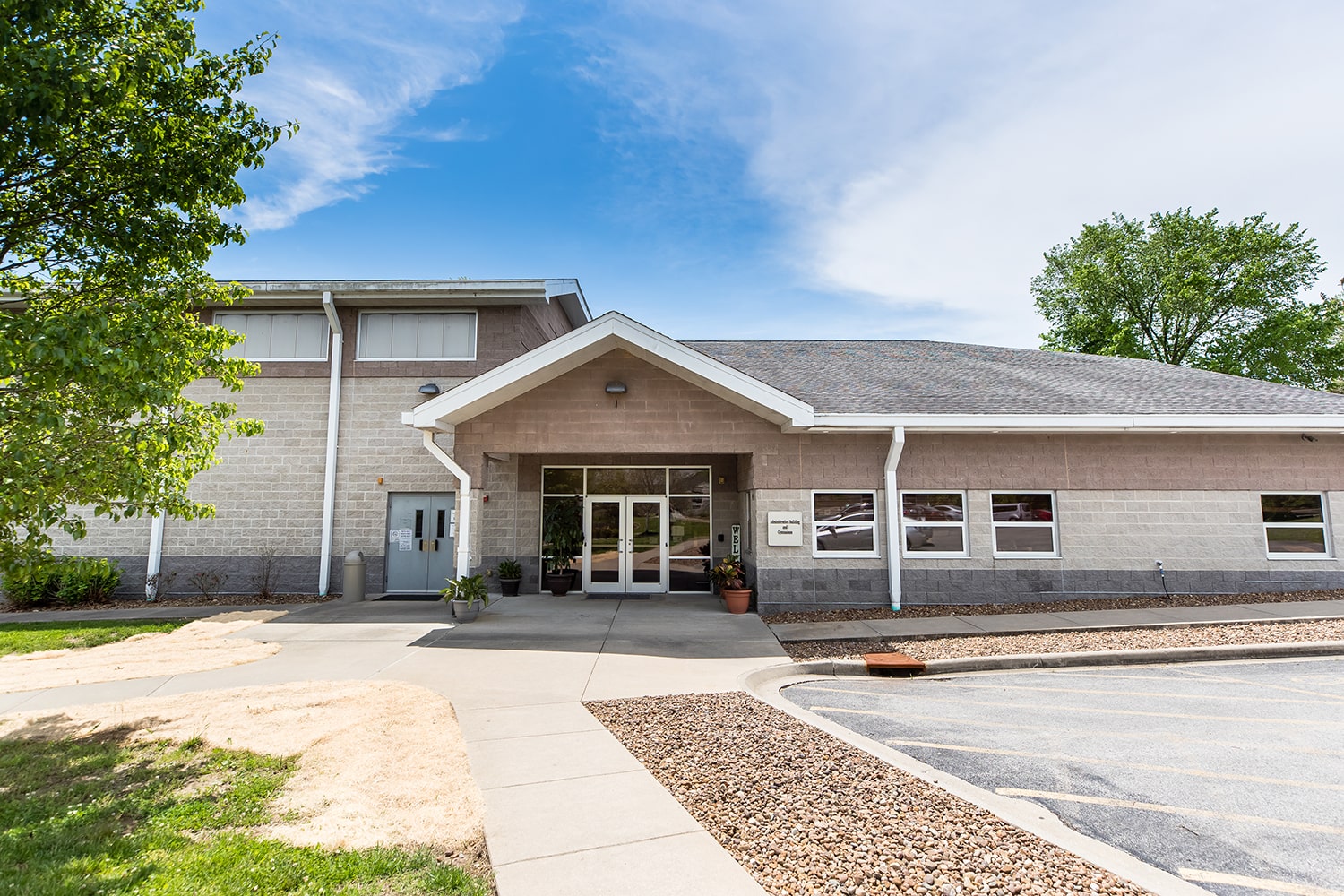
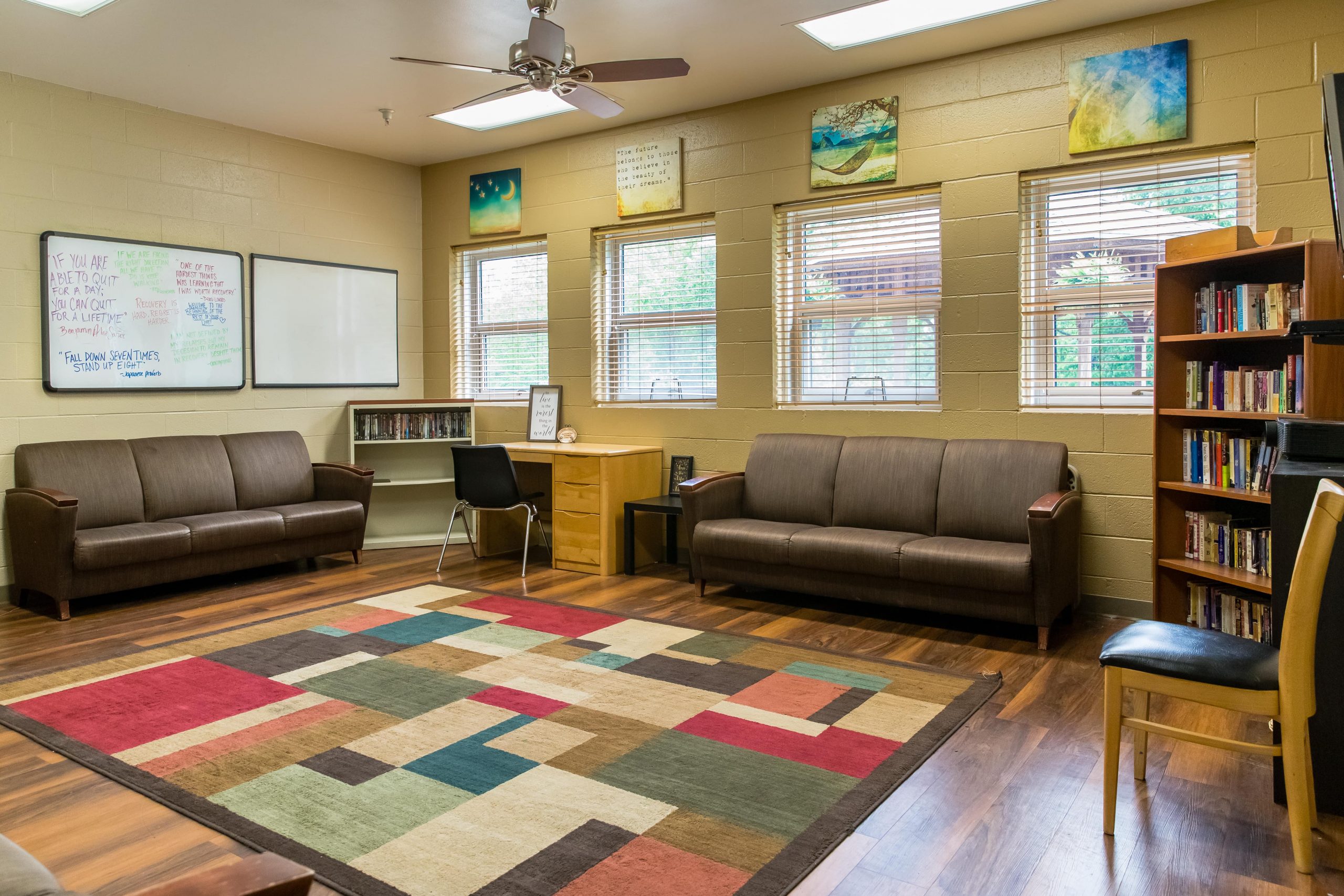
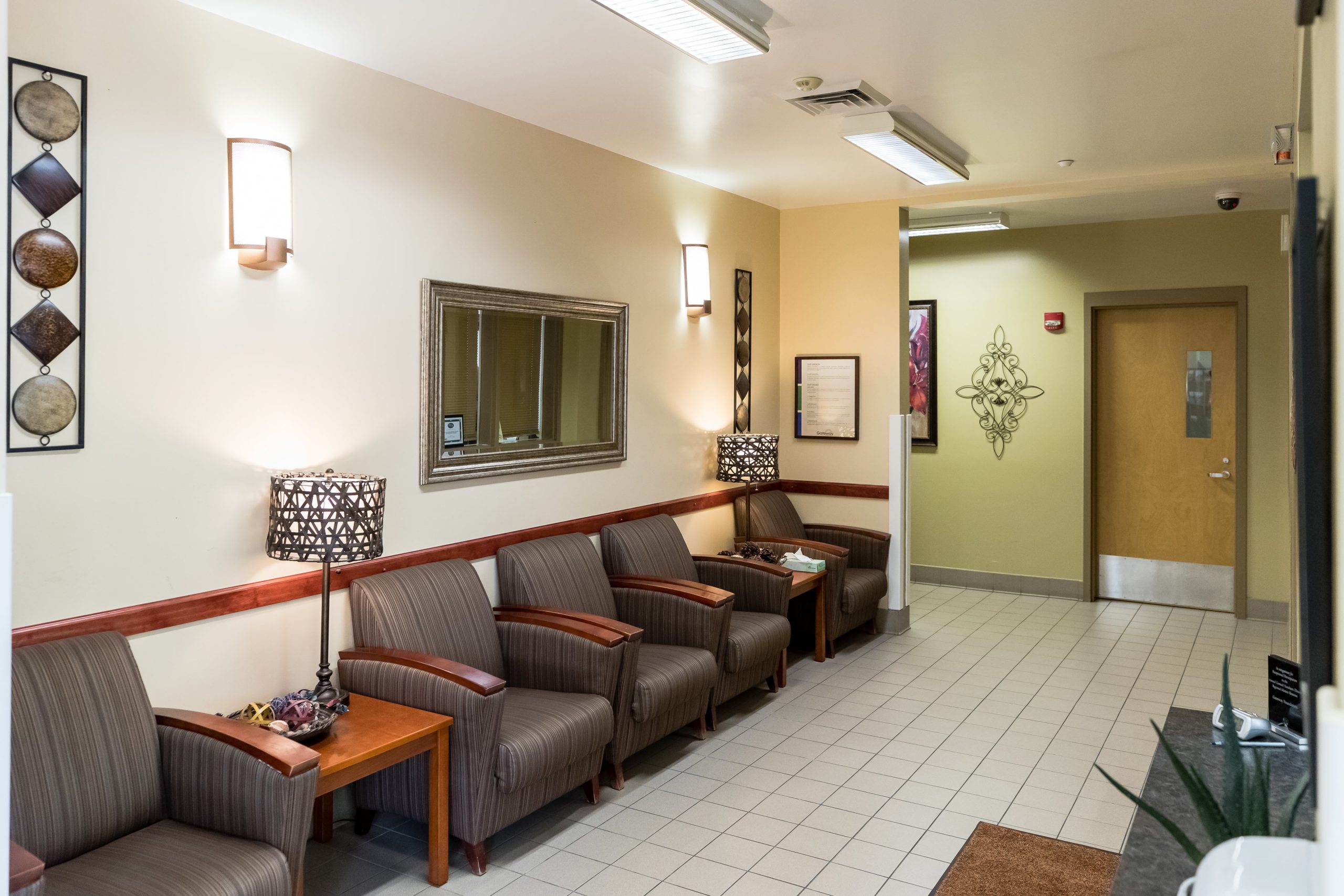


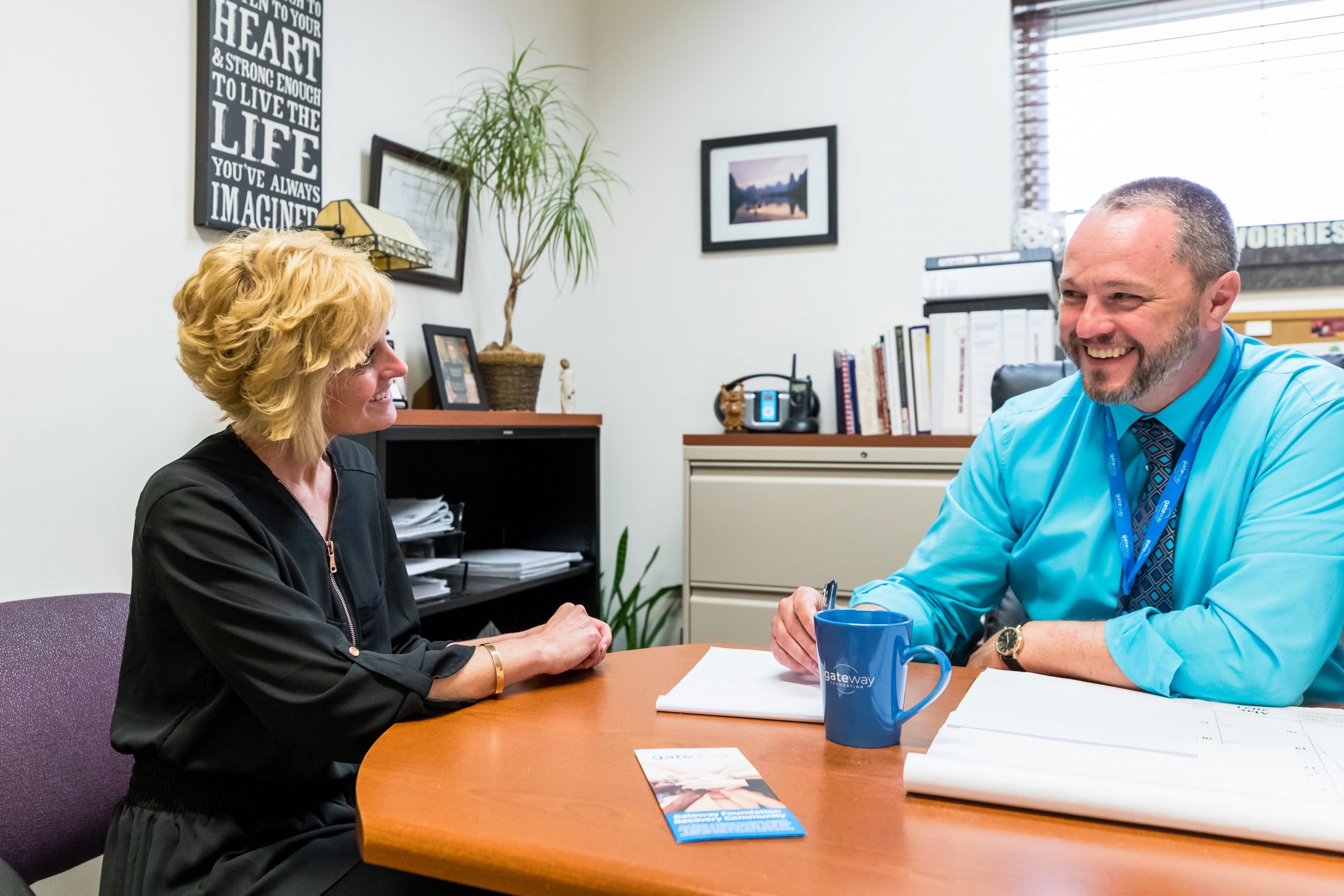
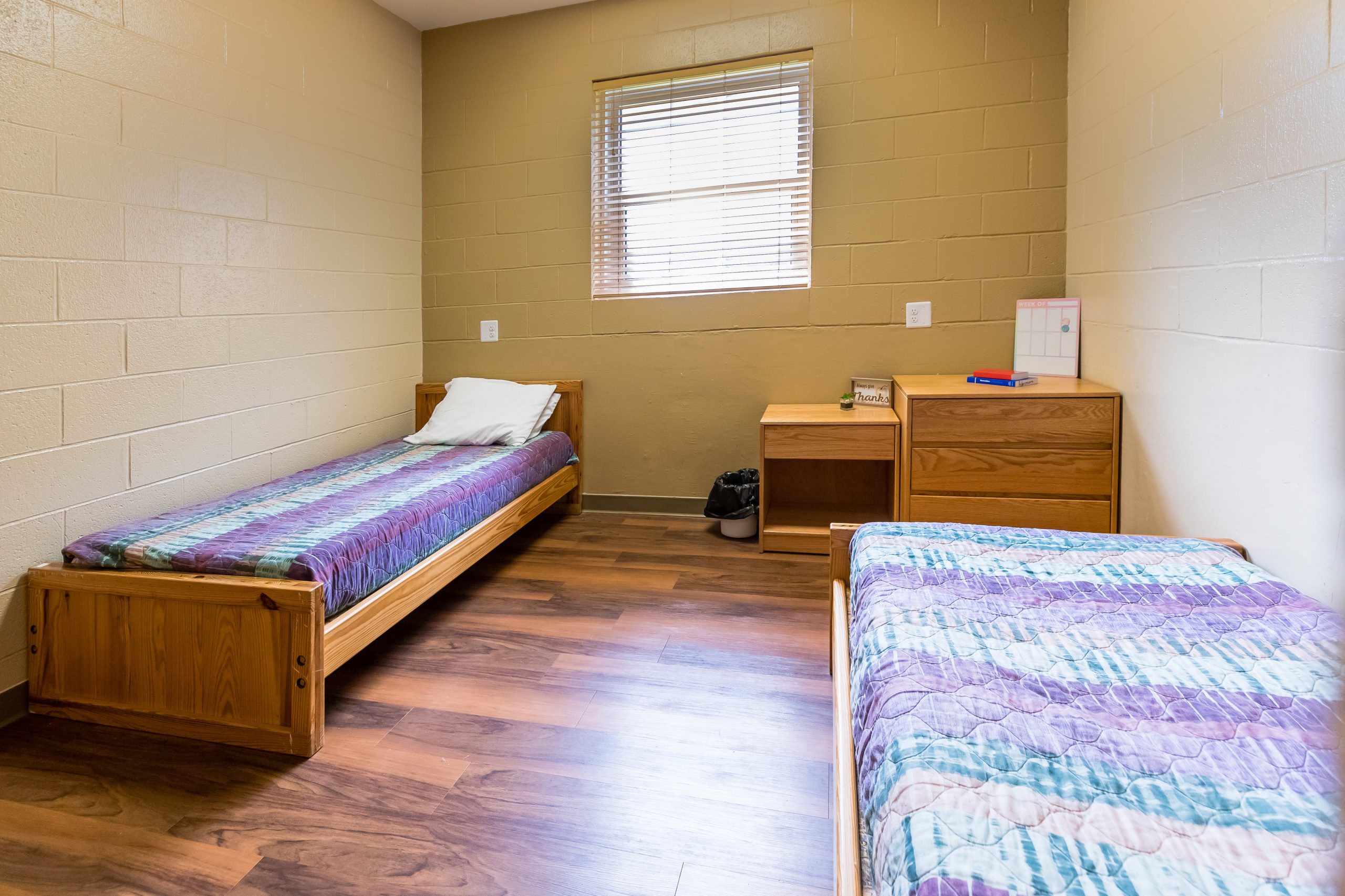
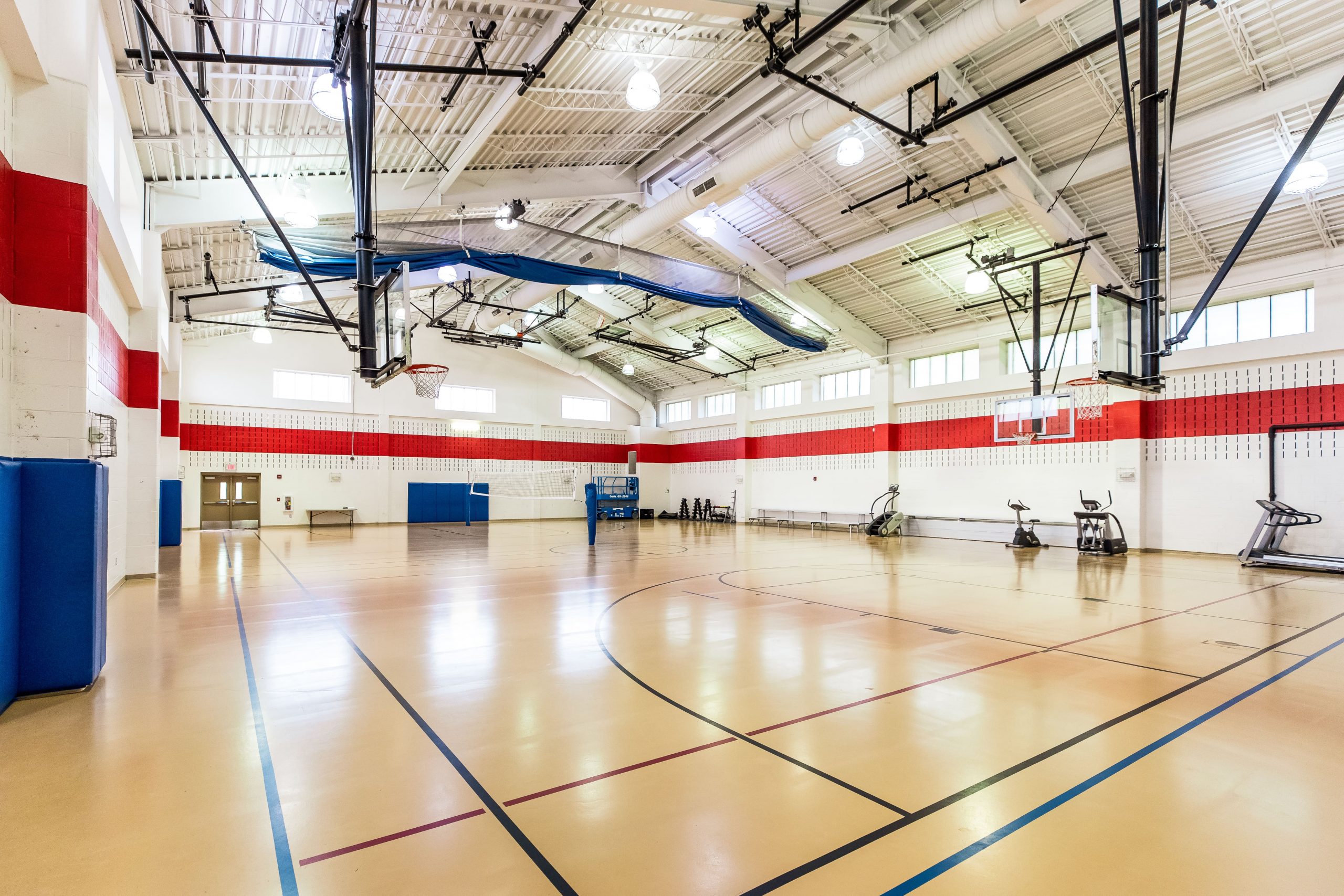

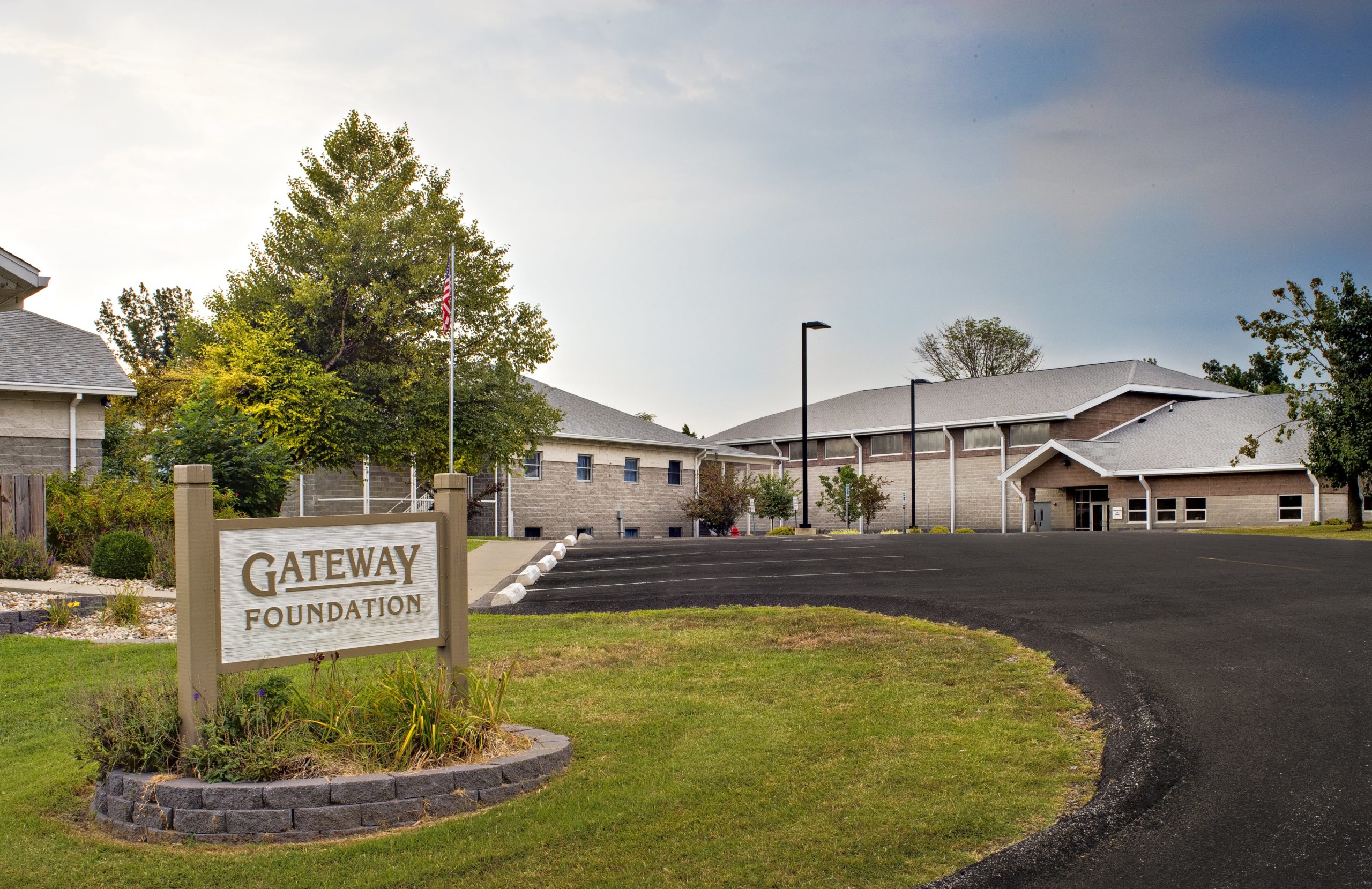











At Gateway Carbondale, you can participate in a variety of wellness activities and other amenities. Here is what you can expect at our location:
At the heart of high-quality care is a high-quality team. Our treatment centers are staffed by compassionate clinical experts dedicated to guiding and supporting every patient on their recovery journey. Together, they leverage their individual and collective expertise to create holistic, personalized treatment plans tailored to each patient’s unique needs.
We use cookies to give you the best experience on our website. If you continue without changing your cookie settings, we assume that you consent to our use of cookies on this device. You can change your cookie settings at any time but if you do, you may lose some functionality on our website. More information can be found in our Privacy Policy.